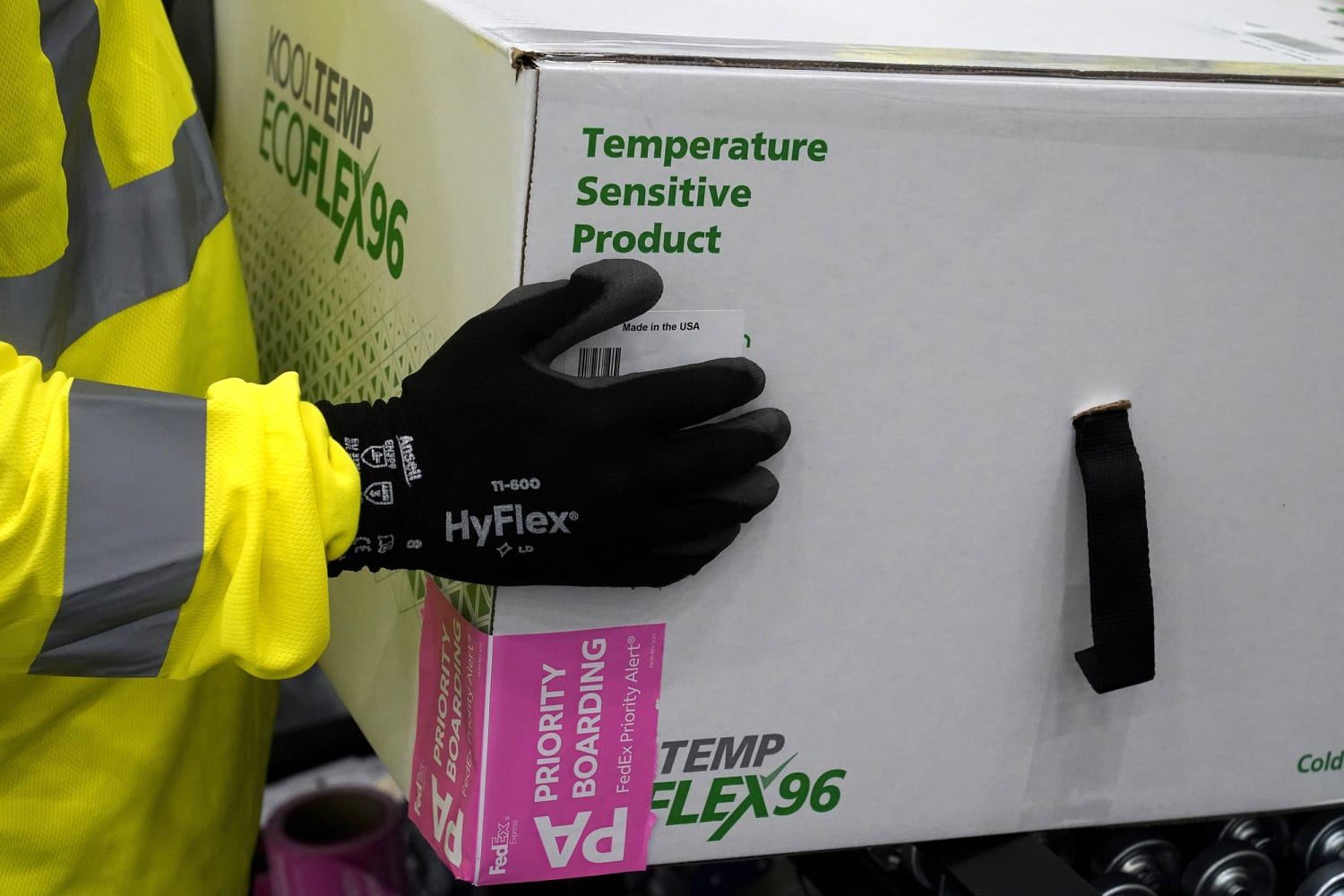Companies are jockeying to get their employees fast-tracked for coronavirus vaccine shots, lobbying states that have been left to decide who gets vaccinated after health care workers.
While the Centers for Disease Control and Prevention has issued federal guidance on the definition of essential workers, it’s up to each state to determine who will be included in the second group of employees after health care workers and nursing home residents get the vaccine. With about 55 million workers considered “essential,” it’s a battle to determine who should be first.
“Pretty much every critical infrastructure employer I am working with is looking one way or another into partnerships and strategies” to obtain the vaccine, said Dr. David Zieg, partner and clinical services leader at Mercer, a human resources consultancy. “They’re really searching for every possible opportunity.”
DoorDash, Lyft and Uber, which have played a role in delivering food and providing transportation to consumers and hospital patients, have also submitted separate letters to governors requesting that their workers and drivers be included in the second group.
“Uber stands ready to do everything we can — leveraging our technology, our logistical expertise and our resources — to help protect the people working on our platform and bring vaccines to the public as quickly and efficiently as possible,” Uber CEO Dara Khosrowshahi said in an emailed statement.
Leaders in the airline, hotel and trucking industries are also vying to place their workers in the coveted second phase.
Meatpacking has been one of the industries hit hardest by the coronavirus. The CDC found more than 16,000 cases across almost 240 facilities in over 20 states from April to May, many of whom were people of color. A study published in Proceedings of the National Academy of Sciences found that 6 percent to 8 percent of U.S. Covid-19 cases and 3 percent to 4 percent of deaths through late July were tied to outbreaks at meatpacking plants.
In a letter last week to the CDC and state governors, Randy Day, CEO of Perdue Farms, urged that meat and poultry workers, along with their families and households, “receive a vaccine as quickly as possible.”
Retail workers have been pummeled by the virus. By July, 1.9 million store-based retail workers were unemployed, with the majority on furlough, according to the Bureau of Labor Statistics. As stores reopen, retail workers are face to face with hundreds of shoppers a day, some of whom ignore mask and social distancing rules, which at times has led to confrontations.
The National Retail Federation, a retail trade industry group that represents companies including Macy’s, Gap and Walmart, wrote to the CDC that “workers on the front lines of safely serving their communities, who have faced multiple stoppages and lost paychecks, should be able to access safe COVID-19 vaccines during the early stages of its distribution.”
Companies up and down the goods supply chain have also jumped into the fray. Amazon, the second-largest employer in the country, requested that its fulfillment center, data center and Whole Foods Markets employees get access to the vaccine “at the earliest appropriate time.” And the American Trucking Association, a policy group, told the CDC this month that over the course of the pandemic, truckers have been “essential to the continued viability of our nation’s infrastructure,” urging that “these same critical infrastructure workers have prioritized access.”
The pandemic-stricken travel industry has also made its case. Airlines for America, a trade association, wrote to all 50 governors and to 20 other union and industry groups that its workers should be prioritized as they “keep our nation’s safe and efficient air transportation and supply chain systems operational.” The American Hotel & Lodging Association requested that hotel workers be included because they “remain on the frontlines” serving domestic and international travelers and health care workers in quarantine.
Companies aren’t relying on just their powers of persuasion. Employers are scrambling to find private vendors from pharmacy chains to private clinics that might be able to leverage their scale to distribute the vaccine faster than the overwhelmed public health system, Zieg said. But it’s still uncertain when and how the vaccine will reach the country’s most critical workers.
Julie Schweber, a senior knowledge adviser with the human resources consulting company SHRM, said employers are evaluating the public health risk of not having their workers vaccinated. The answer may be different for an office with a work-from-home workforce compared to a grocery store chain, she said.
“It’s definitely a complex triangle right now, and we definitely don’t have all the answers,” Schweber said.
Source: | This article originally belongs to Nbcnews.com










